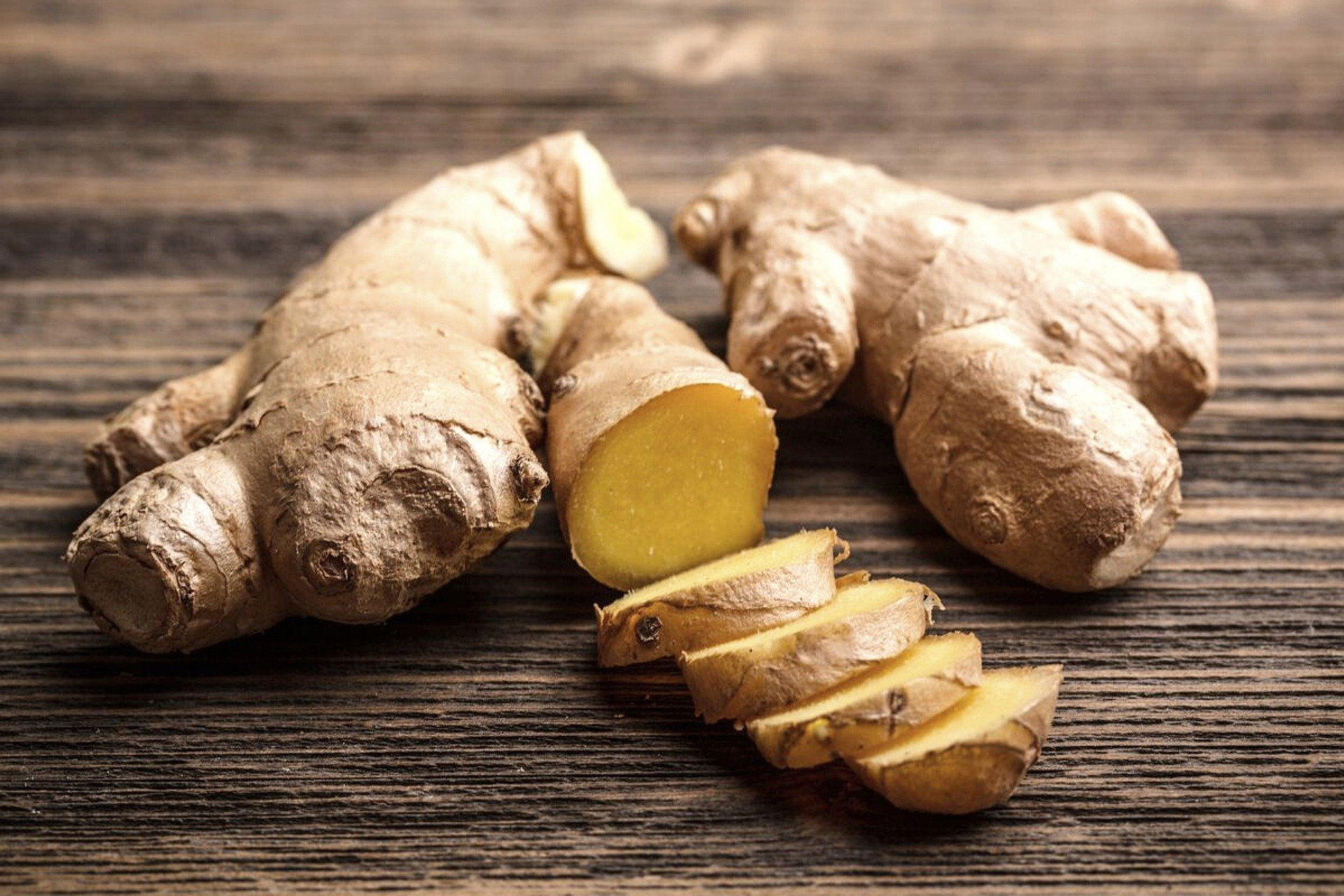Thailand's Fresh Ginger

Thailand is a major producer and exporter of fresh ginger, a popular spice and ingredient in many cuisines worldwide. Thai ginger, also known as galangal, is a member of the ginger family and is prized for its strong and distinctive flavor. Thai ginger is commonly used in Thai cuisine to add flavor and aroma to soups, curries, and stir-fries. It is also used in many other Southeast Asian cuisines, such as Indonesian, Malaysian, and Vietnamese. The fresh ginger from Thailand is known for its quality and freshness. It is harvested year-round and is available in many different forms, including whole roots, sliced, minced, and dried. Thai ginger is also known for its high essential oil content, which contributes to its strong and pungent flavor. Thai ginger is also used for its medicinal properties. It is believed to have anti-inflammatory, antioxidant, and antibacterial properties, and is used in traditional medicine to treat a variety of ailments, including nausea, colds, and digestive issues. Overall, Thailand's fresh ginger is a versatile and flavorful ingredient that is valued both for its culinary and medicinal properties.

- Production and Export: Thailand is one of the largest producers and exporters of fresh ginger in the world. The country's favorable climate and fertile soil make it an ideal location for growing high-quality ginger. Thailand exports fresh ginger to many countries, including Japan, China, the United States, and Europe.
- Culinary Uses: Thai ginger is a staple ingredient in many Thai dishes, including tom yum soup, green curry, and pad Thai. It is also used in other Asian cuisines to add flavor to stir-fries, marinades, and dipping sauces. In addition to its flavor, ginger is also known for its digestive benefits, making it a popular ingredient in many traditional Thai herbal remedies.
- Health Benefits: Ginger is believed to have many health benefits, including reducing inflammation, improving digestion, and aiding in pain relief. Thai ginger, in particular, is known for its high levels of antioxidants and anti-inflammatory compounds, making it a popular ingredient in many health supplements and natural remedies.
- Storage and Preservation: Fresh ginger should be stored in a cool, dry place and can be kept for several weeks. To preserve ginger for longer periods, it can be peeled, sliced, and dried or pickled in vinegar. Dried ginger can be used in cooking or made into a tea, while pickled ginger is a popular condiment in many Asian cuisines.
In summary, Thailand's fresh ginger is a versatile and nutritious ingredient that is valued for its unique flavor and many health benefits.

- Varieties: There are several varieties of ginger grown in Thailand, including the commonly used galangal (also known as Thai ginger), which has a slightly different flavor and appearance than traditional ginger. Other varieties include krachai, which is used in traditional medicine and in cooking, and lesser-known varieties like black ginger and white ginger.
- Farming Methods: Most ginger in Thailand is grown using traditional farming methods, with farmers using hand tools to cultivate and harvest the crop. However, some larger farms have started to use modern techniques, such as irrigation systems and mechanized harvesting.
- Economic Importance: Ginger is an important crop for many small-scale farmers in Thailand, who rely on it as a source of income. The industry provides employment opportunities for many rural communities, and the export of ginger helps to support Thailand's economy.
- Sustainability: While ginger farming is an important industry in Thailand, it is also important to ensure that it is done in a sustainable and environmentally friendly way. Some farmers are adopting organic farming methods, which can help to reduce the use of pesticides and other harmful chemicals.
- Culinary Tourism: Thai ginger is a popular ingredient for foodies and culinary tourists who want to explore the flavors of Thai cuisine. Many cooking schools and food tours in Thailand offer classes and experiences focused on using fresh ginger and other local ingredients.
Overall, Thailand's fresh ginger is an important crop that plays a significant role in the country's economy and culinary traditions. Whether you're a food lover, a health enthusiast, or simply curious about Thai culture, Thai ginger is a versatile and delicious ingredient worth exploring.